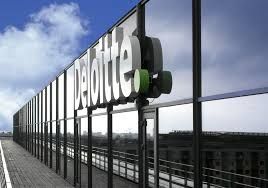 The forensic audit report from PricewaterhouseCoopers on the Multi Commodity Exchange has raised many questions over the quality of scrutiny by its statutory auditors.
The forensic audit report from PricewaterhouseCoopers on the Multi Commodity Exchange has raised many questions over the quality of scrutiny by its statutory auditors.
However, Deloitte, the latter entity, says regulations don’t mandate it to go beyond a basic examination of the books of accounts.
A forensic audit goes beyond what a statutory auditor has been assigned to do.
“The scope of our work at MCX as a statutory auditor was to ensure that the management makes a full disclosure of related party transactions (RPTs) and whether they were cleared by the board or not,” said a Deloitte spokesperson.
PwC’s forensic audit report says transactions worth at least Rs 100 crore at MCX were done with 'benami' entities.
Says Deloitte: “PwC
"As a statutory auditor, Deloitte could only report the transactions.”
Some others agree.
“There is no denying that a forensic audit is conducted to detect a fraud.
"A statutory auditor examines the fairness and accuracy of disclosures,” says Amarjeet Chopra, former president of The Institute of Chartered Accountants of India.
However, not all agree with Deloitte.
“Shareholders appoint an auditor to verify the facts provided by the management.
"It is the duty of an auditor to bring the deviations observed to the notice of shareholders.
"Auditors on their own should exercise their independence,” said Shriram Subramnian, founder, InGovern Research Services, a proxy advisory agency.











